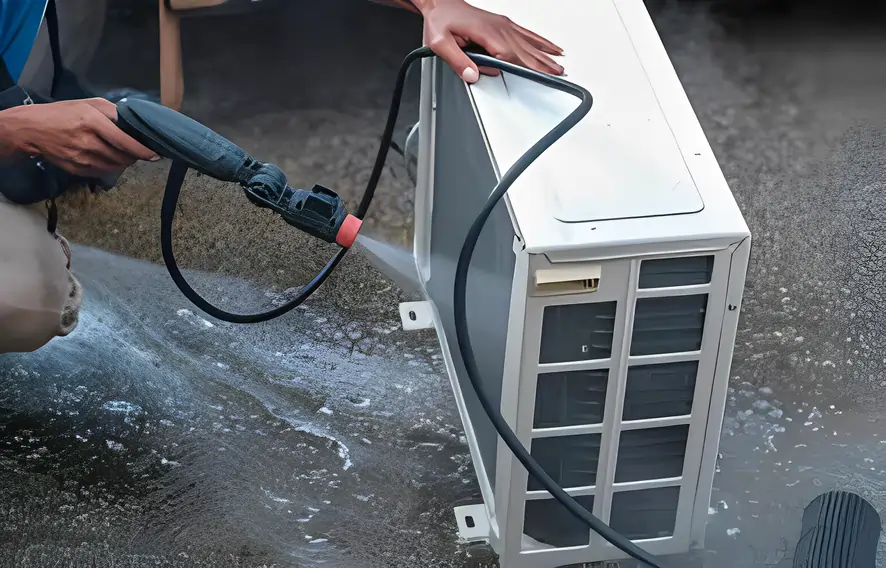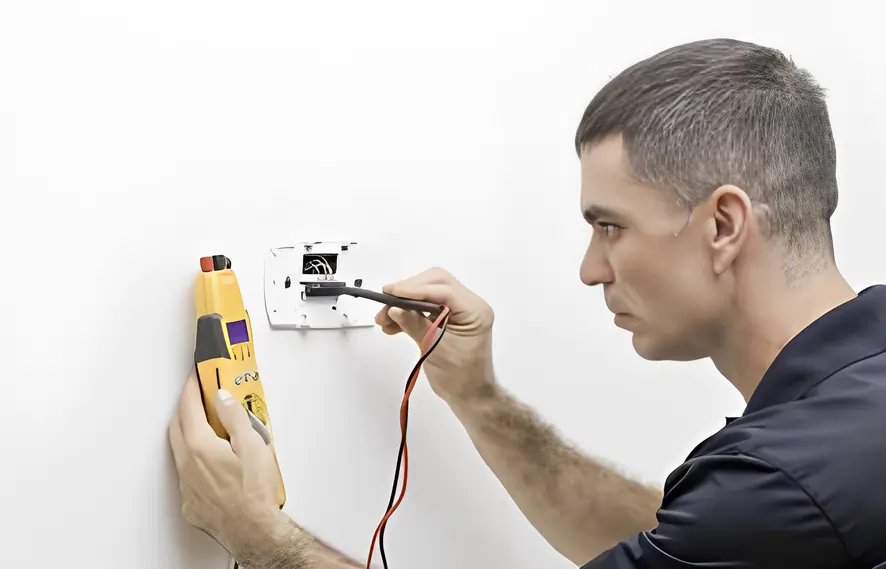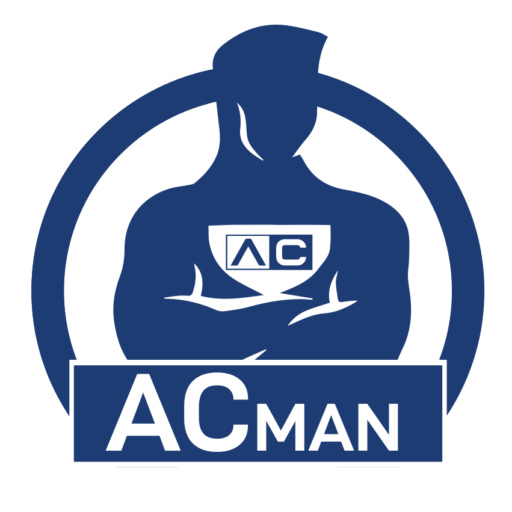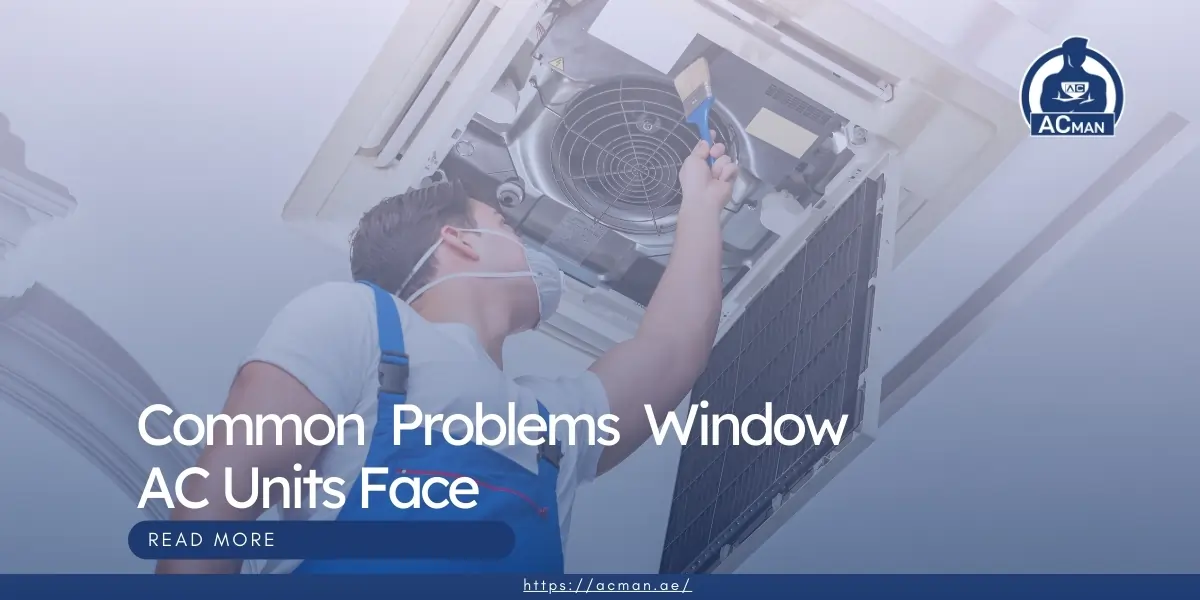Maintaining your air conditioner is like giving it a health checkup. Regular upkeep ensures that the system, be it a Window AC, Split AC, or Floor Standing AC, operates efficiently, providing cool and clean air when needed. It also helps prevent unexpected breakdowns, saving you from discomfort during peak heat. A well-maintained air conditioner performs at its best, cooling your space effectively while consuming less energy. It not only saves on utility bills but also contributes to a more sustainable and eco-friendly lifestyle.
Air Conditioner Regular Cleaning and Inspection
- Cleaning Filters and Coils – Dirty filters and coils can significantly reduce the efficiency of your air conditioner, be it a Window air conditioner or a Split air conditioner. Regularly cleaning or replacing filters and inspecting coils prevents dust buildup, ensuring smooth airflow and optimal cooling.
- Checking Refrigerant Levels – A proper check of refrigerant levels is crucial for all types of AC units, including Floor Standing AC. Maintaining the right refrigerant levels not only enhances performance but also prevents the system from overworking, leading to potential damage.
- Inspecting Ductwork for Leaks – Leaky ducts can cause cool air to escape, impacting all AC types, from Window AC to Portable AC. Periodically inspecting and sealing any leaks in the ductwork ensures that the cooled air reaches its intended destination.
Ensuring Proper Airflow
- Clearing Obstructions Around the Unit – The outdoor unit of all AC types, including Window AC and Split AC, needs ample space for proper airflow. Remove any debris, plants, or other obstructions around the unit to facilitate efficient heat exchange.
- Adjusting and Cleaning Vents – Indoor vents, common in Split AC and Portable AC setups, should be unobstructed and clean. Adjusting vents to direct airflow appropriately and cleaning them regularly ensures even cooling throughout your living space.
Smart Thermostat Usage
- Setting Optimal Temperatures – Smart thermostats, compatible with various AC types, allow you to set optimal temperatures for different times of the day, optimizing energy usage without compromising comfort.
- Creating Energy-Efficient Schedules – Programming your thermostat is beneficial for all AC types, from Window AC to Floor Standing AC, to adjust temperatures based on your daily routine, ensuring that the system is not working harder than necessary, leading to energy savings.
Regular Professional Maintenance
- Importance of Professional Checkups – While DIY maintenance is crucial, professional checkups are equally important for all AC types. Trained technicians can identify and address issues that may go unnoticed during routine home maintenance.
- Scheduling Annual Maintenance – Regularly scheduling professional maintenance, preferably before the start of the cooling season, ensures that your air conditioner, regardless of type, is in top-notch condition when you need it the most.
Sealing Air Leaks
- Checking Windows and Doors – Inspect windows and doors for gaps or cracks that may let cool air escape, affecting all AC types. Sealing these openings contributes to maintaining a consistent indoor temperature.
- Using Weatherstripping and Caulk – Applying weatherstripping and caulk to seal gaps around windows and doors is a cost-effective way to prevent air leaks and improve energy efficiency, irrespective of AC type.
Monitoring Your Air Conditioner Condensate Drain
- Clearing Clogs – A clogged condensate drain can lead to water damage and reduced efficiency, affecting all AC types. Regularly clearing any clogs prevents these issues, ensuring proper drainage.
- Ensuring Proper Drainage – Proper drainage is essential to prevent water accumulation in the system, a concern for all AC types. Regularly check and ensure that the condensate drain is functioning correctly.
Lubricating Moving Parts
- Importance of Lubrication – Moving parts within the air conditioner may experience wear and tear over time. Lubricating these parts ensures smooth operation and reduces friction, extending the lifespan of the unit, be it a Window AC or Portable AC.
- Identifying Parts That Need Lubrication – Refer to your manufacturer’s guidelines, applicable to all AC types, to identify parts that require lubrication. It may include fan motors, bearings, and other moving components.

Protecting the Outdoor Unit of Your AC
- Shielding From Weather Elements – Harsh weather conditions can impact the outdoor unit of all AC types. Shield it from direct sunlight, rain, and debris to prevent damage and maintain optimal performance.
- Keeping the Area Clean – Regularly clean the area around the outdoor unit to prevent debris buildup, applicable to all AC types. Trim any overhanging branches or vegetation to maintain proper airflow.
Upgrading Air Filters
- Importance of High-Quality Filters – Investing in high-quality air filters is essential for all AC types. It ensures that they capture more pollutants, improving indoor air quality and preventing dust buildup within the system.
- Choosing the Right Filter for Your System – Different air conditioners, including Window AC and Split AC, may require specific types of filters. Consult your unit’s manual or seek professional advice to choose the most suitable filter.
Energy-Efficient Practices
- Using Ceiling Fans – Ceiling fans can complement your air conditioner, helping distribute cool air more effectively. This is applicable to all AC types and allows you to set your thermostat at a slightly higher temperature.
- Closing Curtains During Peak Sunlight – During hot days, closing curtains or blinds prevents the sun’s heat from entering your home, reducing the workload on your air conditioner, regardless of the type.
Understanding Warning Signs
- Unusual Noises or Smells – Pay attention to any unusual sounds or Odors coming from your air conditioner. These could be early indicators of potential issues that need attention, irrespective of AC type.
- Inconsistent Cooling – If you notice uneven cooling or temperature fluctuations, it’s essential to address these issues promptly for all AC types to prevent further damage and ensure optimal performance.

DIY Fixes for Minor Issues
- Resetting the Thermostat – In case of minor issues, resetting the thermostat can sometimes resolve the problem for all AC types. Refer to your thermostat’s manual for instructions on how to perform a reset.
- Cleaning Vents and Registers – Blocked vents or registers can hinder airflow for all AC types. Regularly clean and ensure they are unobstructed for consistent and efficient cooling.
Benefits of Regular Maintenance
- Improved Efficiency – Routine maintenance keeps all components like filters, coils and fans running optimally. This allows proper airflow and heat transfer resulting in more efficient cooling. Well-serviced ACs use less electricity.
- Enhanced Life Span – Cleaning and checking an AC periodically spots minor issues before they become major repairs. Preventative care reduces wear and tear and can extend the system’s total working life.
- Lower Energy Bills – Efficient operation means your AC doesn’t have to work as hard to pump out cool air. This saves money on expensive summer power bills. A 5% improved efficiency could save over 10% on costs.
- Advanced Warning – Regular technician inspections flag potential problems like leaks or motor issues even before operational failure occurs. This allows you to plan repairs conveniently.
- Peace of Mind – Instead of reacting to unpredictable AC breakdowns during peak season, proactive tune-ups provide reassurance that your system will keep working properly.
Investing a small amount on a yearly maintenance contract pays off by ensuring your air conditioner delivers cooling comfort more efficiently summer after summer.
Conclusion
Regular maintenance is the key to ensuring your air conditioner operates at its best. From cleaning filters to professional checkups, each step contributes to enhanced performance and longevity. By incorporating these maintenance tips into your routine, you not only improve the performance of your air conditioner but also contribute to a more sustainable and comfortable living environment.
Frequently Asked Questions (FAQs)
How often should I clean or replace my air filters
Regularly check your filters every one to three months, depending on usage and the type of filter. Replace them if they appear dirty or clogged.
Can I perform professional maintenance myself?
While some tasks can be DIY, it’s advisable to schedule professional maintenance annually to address potential issues that may go unnoticed.
What temperature should I set my thermostat for optimal energy efficiency?
Aim for a temperature setting that is comfortable for you, typically between 72°F and 78°F. Adjust as needed based on personal preference and energy savings.
How can I tell if my air conditioner needs refrigerant?
Reduced cooling efficiency, warm air blowing from vents, or ice buildup on the unit are indicators that your system may need a refrigerant recharge. Consult a professional for assistance.
Is it necessary to cover the outdoor unit during winter?
While covering the unit can protect it from winter elements, ensure it’s properly ventilated. Consult your manufacturer’s guidelines or seek professional advice before covering.












